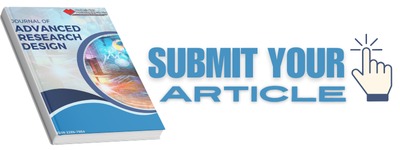Do I Need to Consult a Doctor when Making an AMD?
Keywords:
Advance Medical Directive, patient autonomy, medical consultation, healthcare decision-making, accessibility barriersAbstract
Advance Medical Directive (AMD) is a critical tool for ensuring patients’ healthcare preferences are respected when they cannot communicate their decisions. Despite their importance, many individuals are uncertain whether consulting a doctor is necessary when creating an AMD. This study explores the question: “Do I need to consult a doctor when making an AMD?” AMD has gained prominence in modern healthcare because it upholds patient autonomy and reduces ethical dilemmas during medical emergencies. However, the absence of clear guidelines on the necessity of medical consultation poses a challenge. The study aims to assess the impact of involving medical professionals on the quality and comprehensiveness of AMD and identify barriers to seeking such consultations. A qualitative method approach was employed. The understanding of medical terminology, specificity of directives, and perceived confidence in decision-making, while the data from secondary sources explored the perceived benefits and obstacles of involving a doctor. Results reveal that consulting a doctor enhances individuals’ comprehension of medical terminology and treatment options, resulting in more detailed and practical AMD. Participants who sought medical advice expressed greater confidence in their decisions, while those who did not cited concerns such as cost, accessibility, and time as barriers. Healthcare providers emphasized the importance of aligning AMD with realistic medical scenarios, which can be challenging without expert input. The study concludes that although consulting a doctor is not legally mandatory, it significantly improves the effectiveness and reliability of AMD. To address accessibility challenges, integrating low-cost or free medical consultation services into the AMD creation process is recommended. Such measures can ensure broader access to professional guidance, resulting in improved AMD quality and better alignment with individual healthcare goals. This approach can enhance patient autonomy while fostering more effective healthcare outcomes.Downloads



















